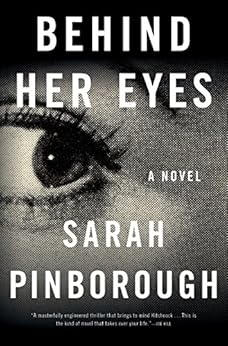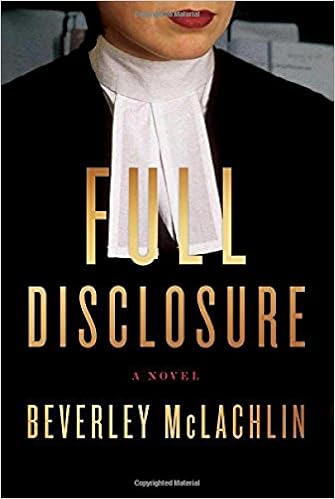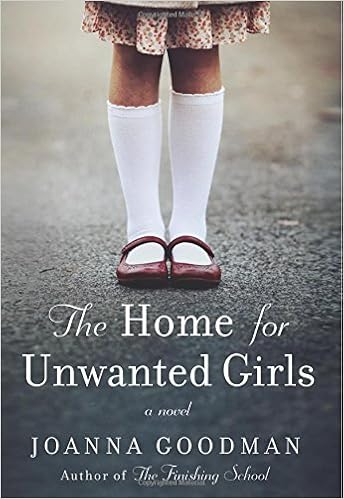This book is described as a psychological thriller but this
is misleading; it should be described as a paranormal thriller.
The story is narrated from the perspective of two women,
Adele and Louise. Louise, a single
mother, meets David in a bar and flirts with him only to discover the next day
that he is her new boss. She literally
bumps into Adele, David’s wife, and the two become friends though Adele wants
their friendship kept a secret because her husband “’can be a bit funny about
mixing work life and home life.’” Things
become even more complicated when Louise starts an affair with David, an affair
which, of course, she wants to keep a secret from Adele.
It is obvious from the beginning that much is not as it
seems. The relationship between David
and Adele is strained; the reason for the tension is not revealed because David
and Adele don’t really talk and David refuses to discuss his marriage with
Louise. Gradually, however, the reader
glimpses the truth behind the marriage, and as Adele’s past is exposed, it is
clear that she is not Louise’s friend.
Adele teaches Louise about lucid dreaming to help with her night terrors
and the technique works but has unexpected effects.
Neither of the women is a sympathetic character. Adele is duplicitous and manipulative so she
is unlikeable. Louise constantly makes
illogical choices and behaves in morally reprehensible ways. Despite having been hurt when her ex-husband
cheated on her, she puts another woman, a friend, in the same position to be
hurt by a philandering husband? Her
decisions could even potentially put her son in harm’s way, yet she seems
incapable of stopping her foolish behaviour.
She knows what she should do but doesn’t. I wanted to scream the Nike slogan at her!
Adele has a plan, but it is amazing how well her plan falls
into place. Though her plan requires
people to behave a certain way and for interactions between people to proceed
in a specific way, not once does she suffer any setbacks? David is the psychiatrist but Adele is the
one who understands people so well that she knows exactly how they will
behave? Given the ending, Adele’s
astuteness is even less plausible. And
let’s ignore the fact that there is no scientific evidence of astral
projection.
Yes, that ending.
Many readers have praised the ending because it is one that no one would
ever guess – as if that were a good thing.
I enjoy plot twists but the ending is ludicrous and outlandish. Too much information is withheld so the
author cheats. One could argue that the
title and statements like “We can never see who someone really is underneath
the skin” are clues but these are so ambiguous as to be laughable.
At first, I enjoyed the book but as it increasingly required
more and more suspension of disbelief, I became impatient with its
outrageousness. If the book had been
properly described as containing paranormal elements, I would not have chosen
to read it. So the entire book is a
cheat; because descriptions of the book omit reference to a key element, the
reader is manipulated as much as Adele manipulates Louise.







